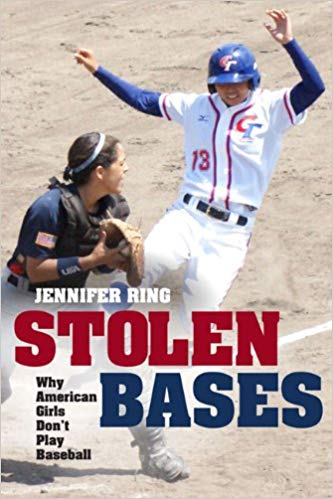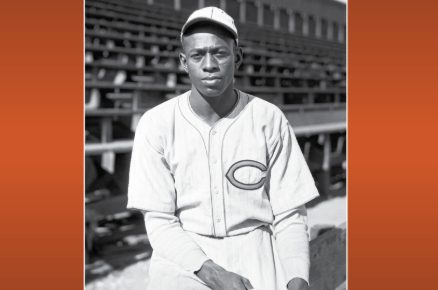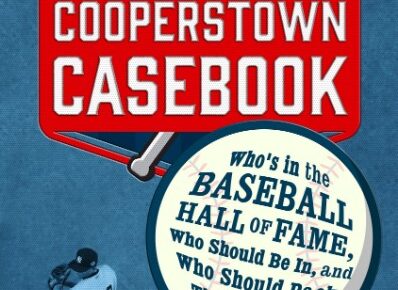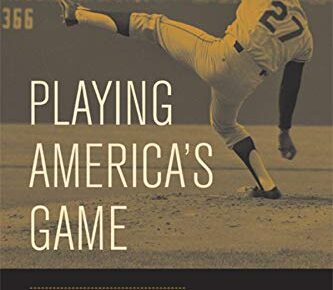Right from the start, Jennifer Ring’s novel achieves its purpose: making the reader angry. Stolen Bases isn’t just the facts about the history of women in baseball or girls in youth baseball. Rather, this is a pointed crack at the establishment. Ring doesn’t come across as angry herself, but by beginning her novel with a tale that any parent of a young girl can relate to she succeeds in instilling anger in the reader. That anger should have been there all along, but it wasn’t. This leads to another of Ring’s goals: to show how we have all been complicit in stealing the sport of baseball from American girls and women.
In chapter after chapter Ring uses stout historical analysis and research to back up what is, at its heart, an emotional argument. Baseball is an emotional game, you see. Baseball fans tie their emotions into the results of their favorite teams, players, and the travails or triumphs or their own playing or that of their children. It should punch the reader in the gut to realize that no matter how good of a baseball fan we thought we were we’ve been perfectly content letting baseball be stolen from American girls and women for years now.
Ring’s ability to weave history into the emotion she wants from the reader makes for a very compelling read. I spent my time reading Stolen Bases both invested in the history being told and the emotions being brought forth because of Ring’s storytelling. She draws important parallels to other marginalized people and moments in sports history. She’s not afraid to offer up receipts either. Her skewering of A.G. Spalding and his herculean efforts to rip the game of baseball away from American girls and women is especially poignant. On the one hand, I was enthralled by her way of dealing with Spalding’s history while at the same time I felt an anger welling up inside of me because of Spalding’s actions.
The only time when Stolen Bases misses its mark is in the long chapter devoted to the history of cricket. The parallel Ring makes holds up as being very true and important to her greater point about the exclusion of women from male sports being a European-American trait most of all. However, I felt the cricket parallel could have been told in a much more concise manner. Truth be told I don’t care for cricket and I wasn’t interested in hearing of its history. Without that emotional investment from me, the stories being told by Ring in the cricket chapter felt empty. I hesitate to say that the cricket chapter is filler, but I’m having a hard time thinking of a better term to describe my feelings on it.
Outside of the cricket chapter Stolen Bases is a great work that every baseball fan should read. Even those who will vehemently disagree with its premise should still read what Ring has brought forth in her novel. American girls and women are very important to the history of baseball in America as well as to the future of the sport in my country. If people are going to be inundated with important baseball figures, like Bill James for example, arguing that women don’t care about sports then they deserve to hear the other side of the coin from an actual woman. Stolen Bases tells the truth of the role American girls played in the creation of baseball, how men stole the sport from them, and continue to deny them entry into the “National Pastime.” We need to make more space in our baseball community for the stories Ring has to tell and less space for the bloviated “women don’t care about baseball” takes.
Lead photo courtesy of Unknown – University of Illinois Press




